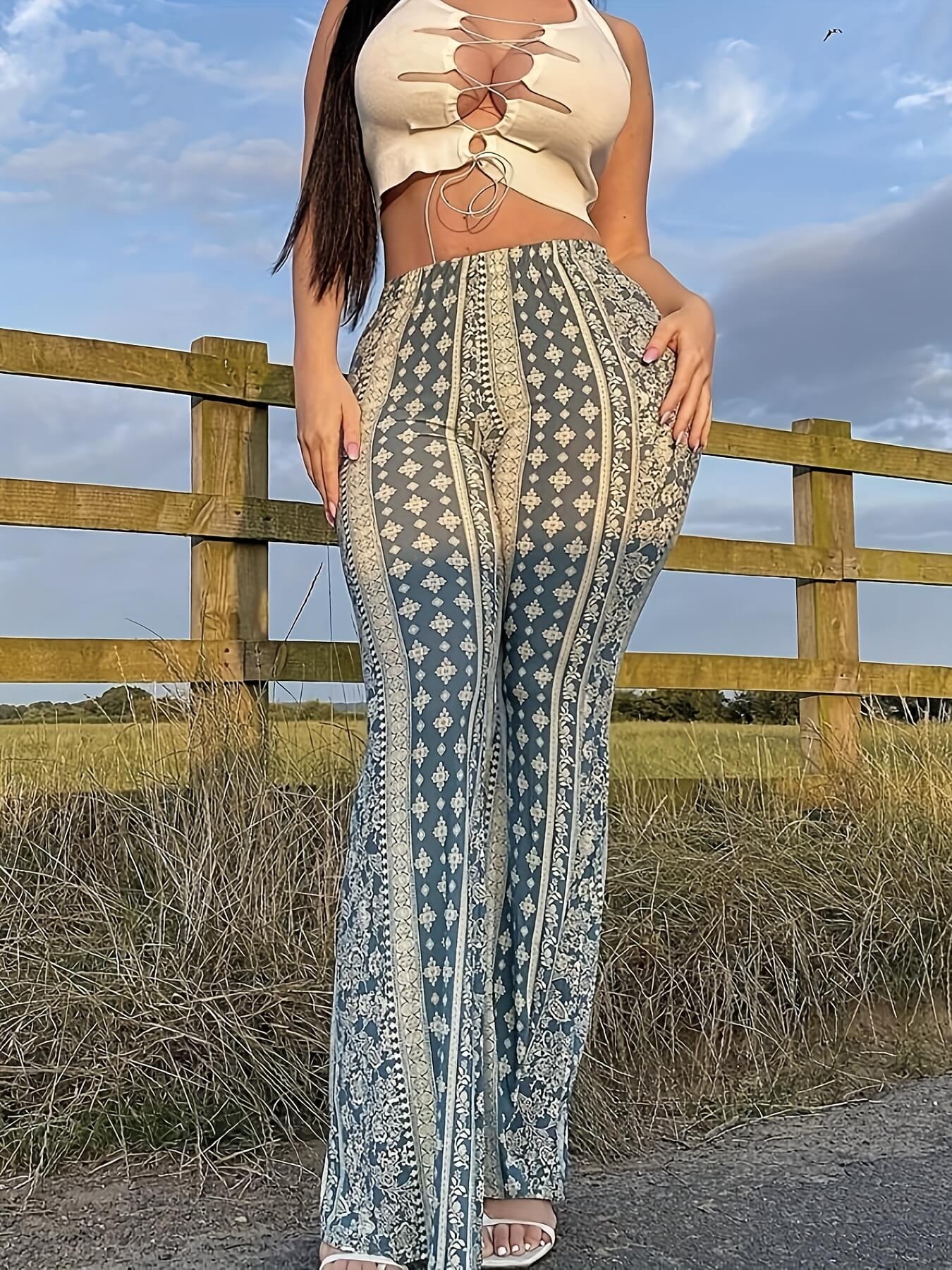The Underground Movement Defying Pant Prohibitions

When pants became illegal for women in the 1930s, resistance grew quietly. Small groups of women met in basements to sew trousers. They used black market fabric and old curtain materials. These secret meetings happened after dark with covered windows. Knowledge spread through coded messages in laundry lists. The sewing circles became spaces of rebellion and friendship. Women risked arrest just for owning needles and thread. Their hidden work challenged oppressive clothing laws daily.
Hidden Pants Delivery Networks
Creative systems emerged to distribute forbidden pants safely. Milkmen hid trousers in their empty milk cans. Laundry workers smuggled them in dirty linen piles. Some bookshops sold them disguised as book covers. The underground used clotheslines as secret signaling systems. Certain curtain patterns meant "pants available here." Delivery girls wore special pins to identify themselves. This network operated for years without detection.
The Pocket Revolution
Underground tailors added hidden pockets as silent protest. These secret compartments held political messages and small tools. Some pockets contained instructions for making more pants. Others hid ration coupons during wartime shortages. The number of pockets showed resistance rank secretly. Authorities banned pockets when they discovered this code. Women then stitched fake seams with hidden openings. The pocket became a symbol of quiet rebellion.
Church Basement Swap Meets
Religious buildings hosted secret forbidden leggings exchange events. Women brought skirts to cover their illegal pants. They swapped stories and strategies while pretending to pray. Some priests supported the movement quietly. Others reported suspicious activity to authorities. The swap meets moved locations every week. Coded church bulletin announcements alerted members safely. These gatherings built community and courage.
Factory Workers' Hidden Uniforms
Women in factories modified their work clothes secretly. They added removable pant legs to approved dresses. Some wore pants under required uniforms cleverly. Managers who supported the cause looked the forbidden pants away. Workers developed hand signals to warn of inspections. The industrial laundry system helped hide evidence daily. Factories became unexpected centers of resistance. Practical needs overcame fashion restrictions.
Schoolgirls' Clever Tricks
Young students rebelled against dress codes ingeniously. They rolled up banned pants into approved socks. Some sewed skirt fronts onto trousers deceitfully. Others kept emergency skirts in their lockers. Teachers both punished and protected these acts. Notebooks contained hidden pants-making instructions. Gym classes became dressing opportunities. The next generation learned resistance early.
The Press That Couldn't Be Stopped
Underground newspapers shared pants patterns and news. Printers hid these in cookbooks and gardening manuals. Some were printed on dissolvable rice paper. Others used invisible ink that needed lemon juice. The publications listed safe tailors and suppliers. They documented arrests and unfair trials. This information network united the movement nationally. Authorities never completely stopped the flow.
Final Thoughts
The pants resistance changed history quietly but powerfully. What began as clothing became freedom fighting. Simple acts of defiance grew into movements. The participants were ordinary people being extraordinary. Their creativity overcame harsh restrictions ingeniously. Today's clothing freedoms exist because of their courage. The underground taught us that change is possible. Even small rebellions can unravel unjust systems.
- Art
- Causes
- Crafts
- Dance
- Drinks
- Film
- Fitness
- Food
- Games
- Gardening
- Health
- Home
- Literature
- Music
- Networking
- Other
- Party
- Religion
- Shopping
- Sports
- Theater
- Wellness



